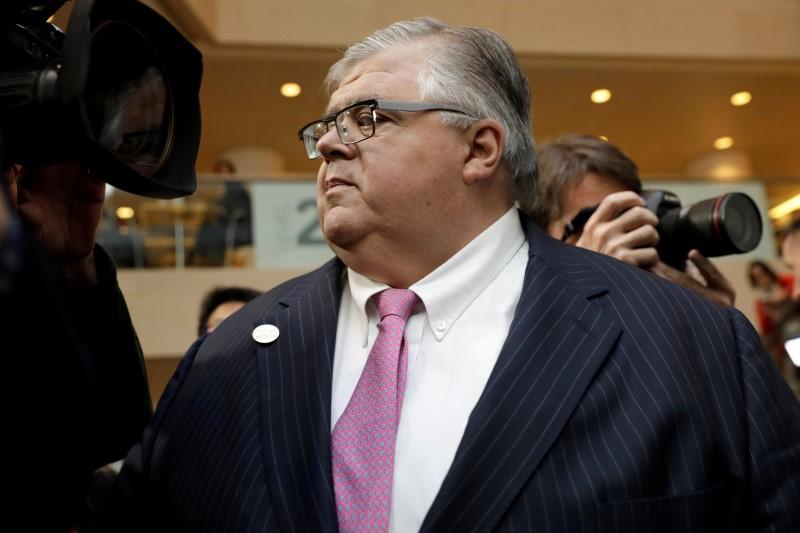Agustin Carstens, head of the Bank for International Settlements (BIS), believes the battle between cryptocurrency and fiat currencies has come to an end, with the latter emerging as the winner. Fiat currency refers to money that has legal tender by government decree.
“That battle has been won … A technology doesn’t make for trusted money,” Carstens said in an interview with Bloomberg TV on Wednesday. “Only the legal, historical infrastructure behind central banks can give great credibility” to money, he added. Carstens is anticipating a “strong statement” from the G20 nations for stronger regulation on digital assets, pointing out that crypto as a financial activity can only exist “under certain conditions.”





